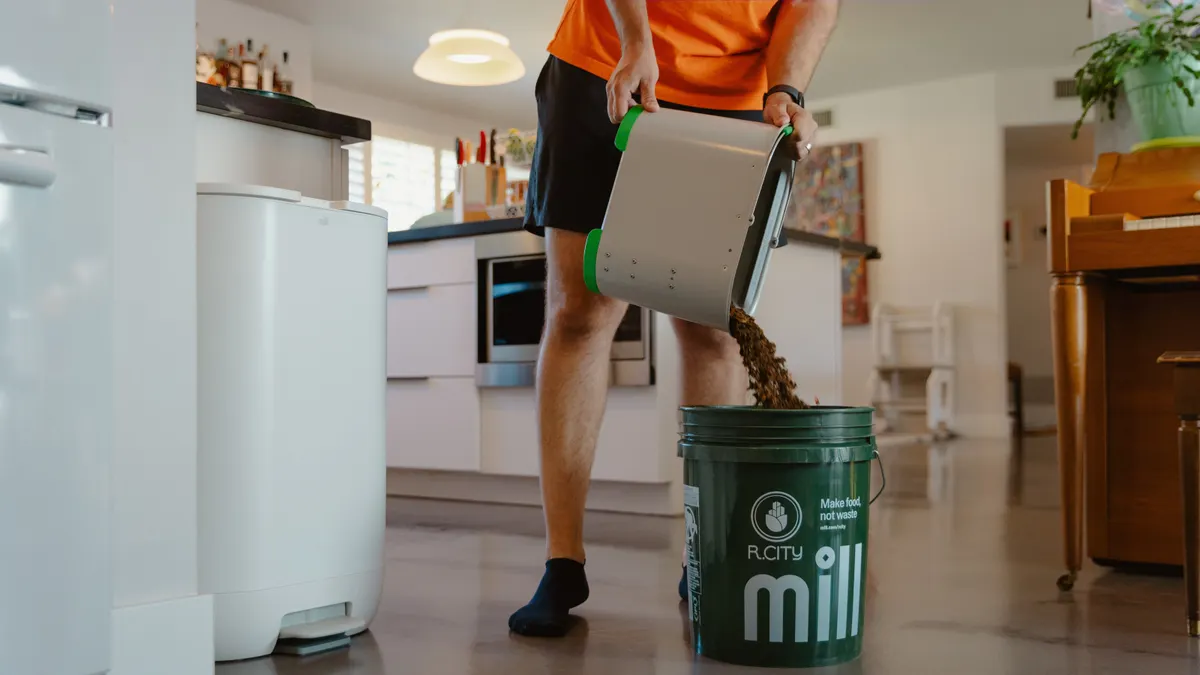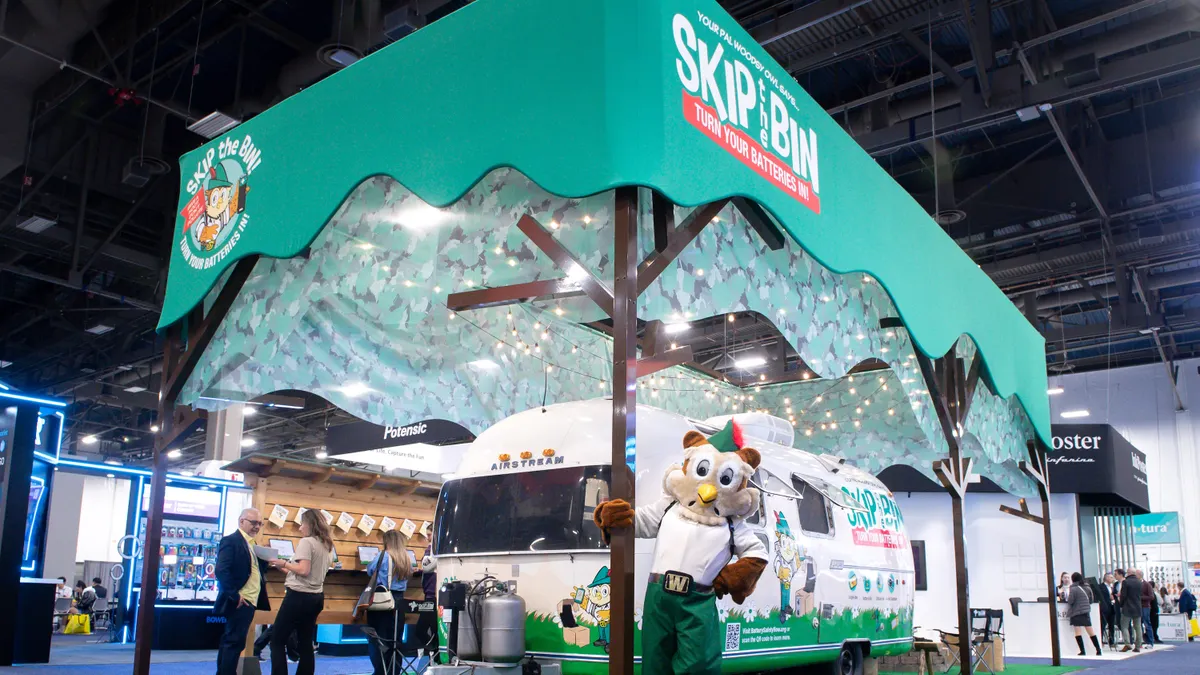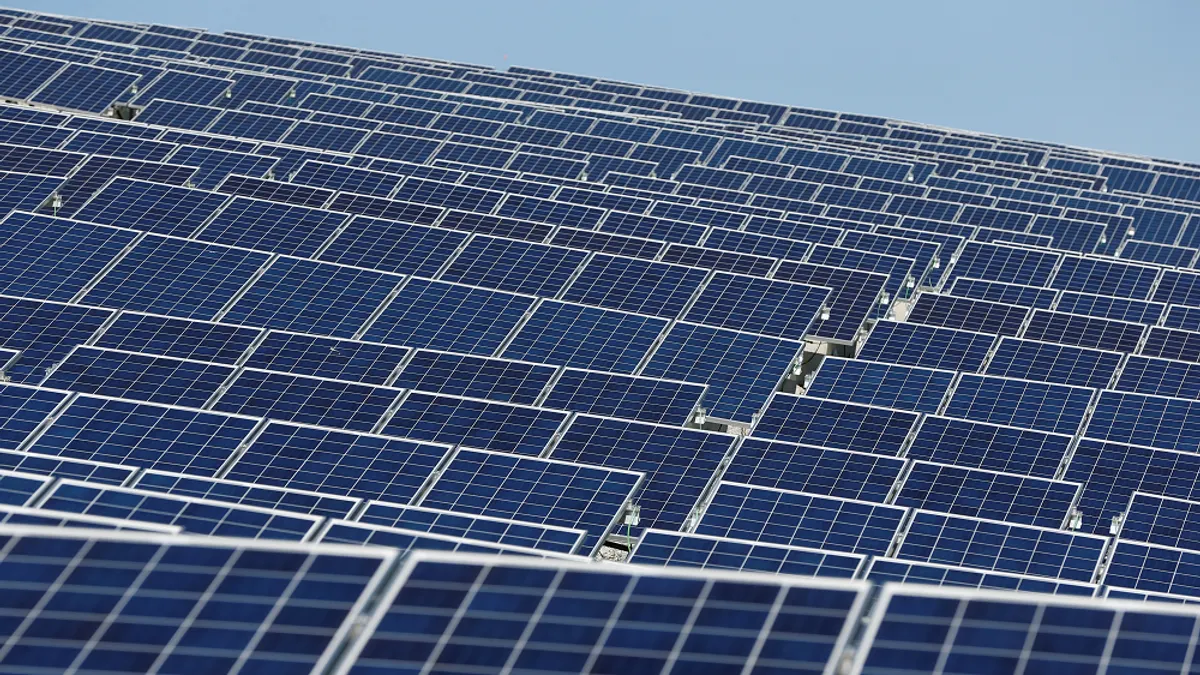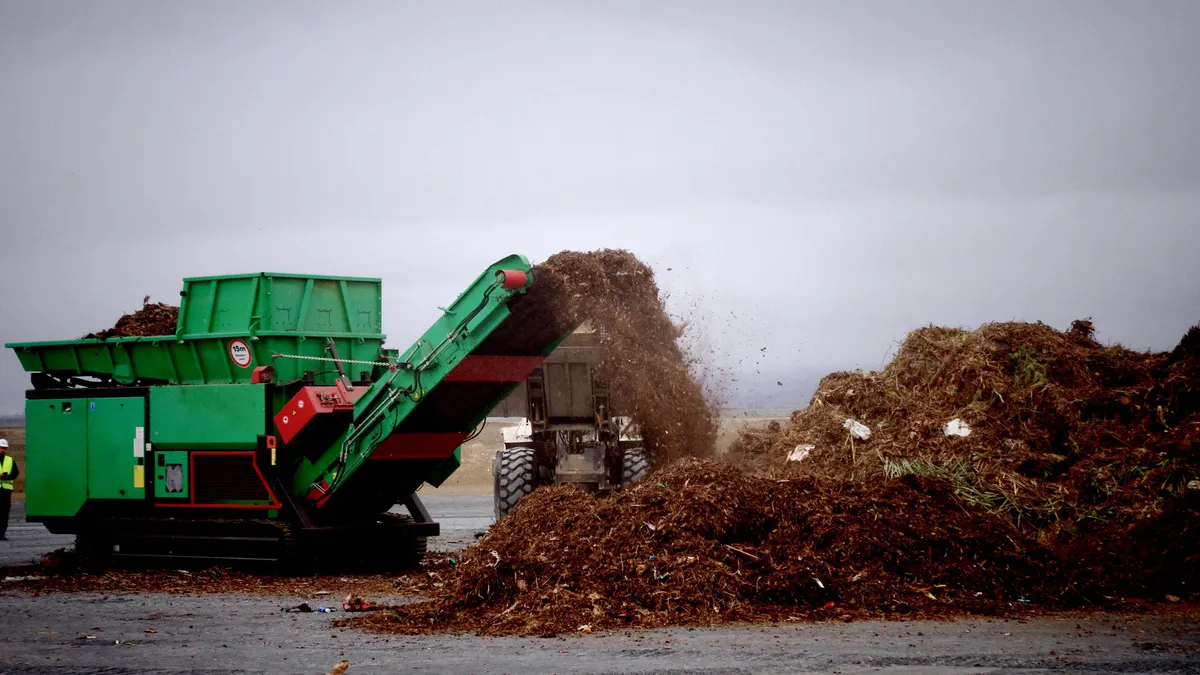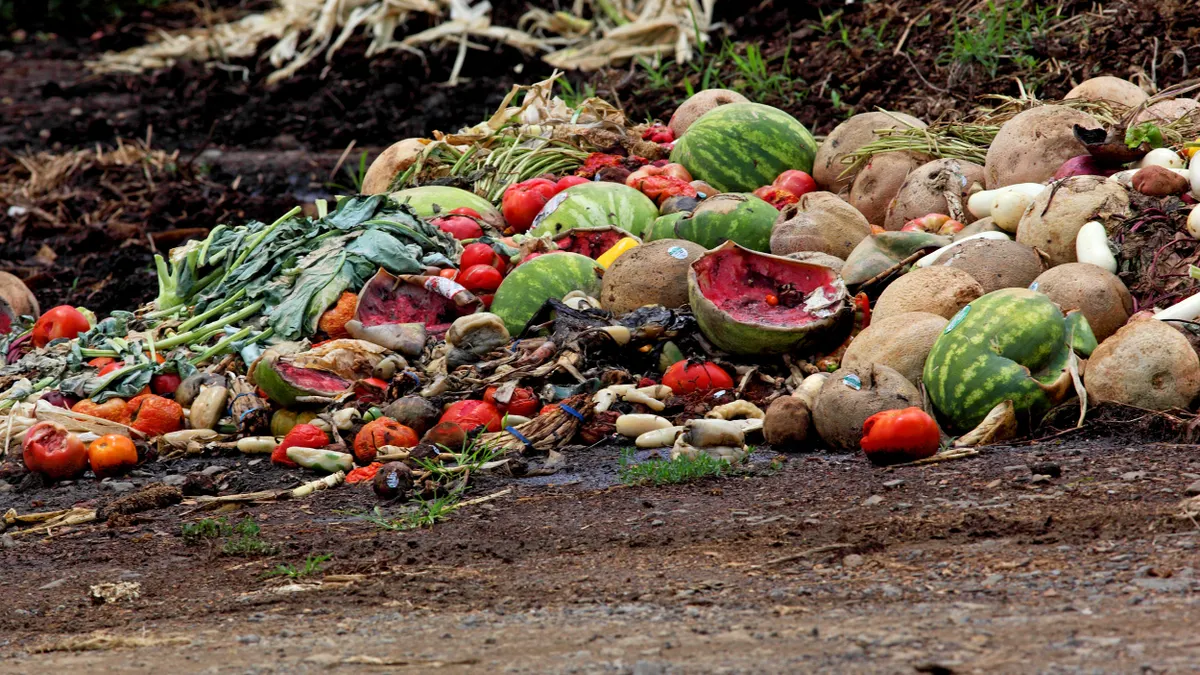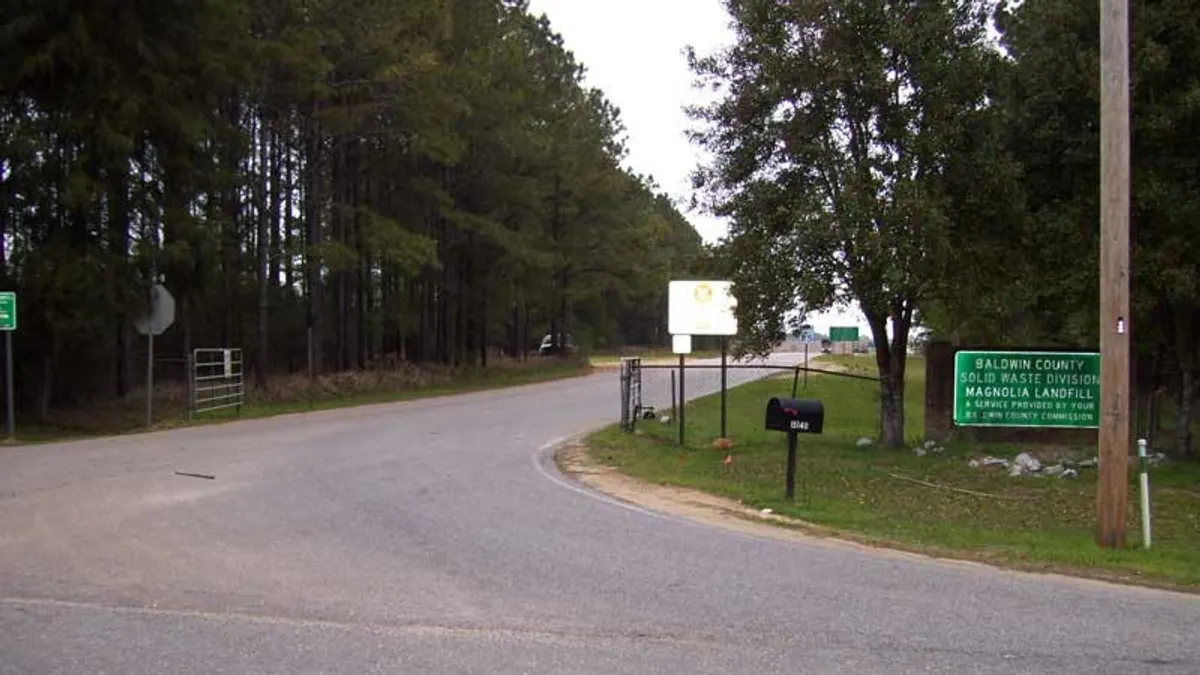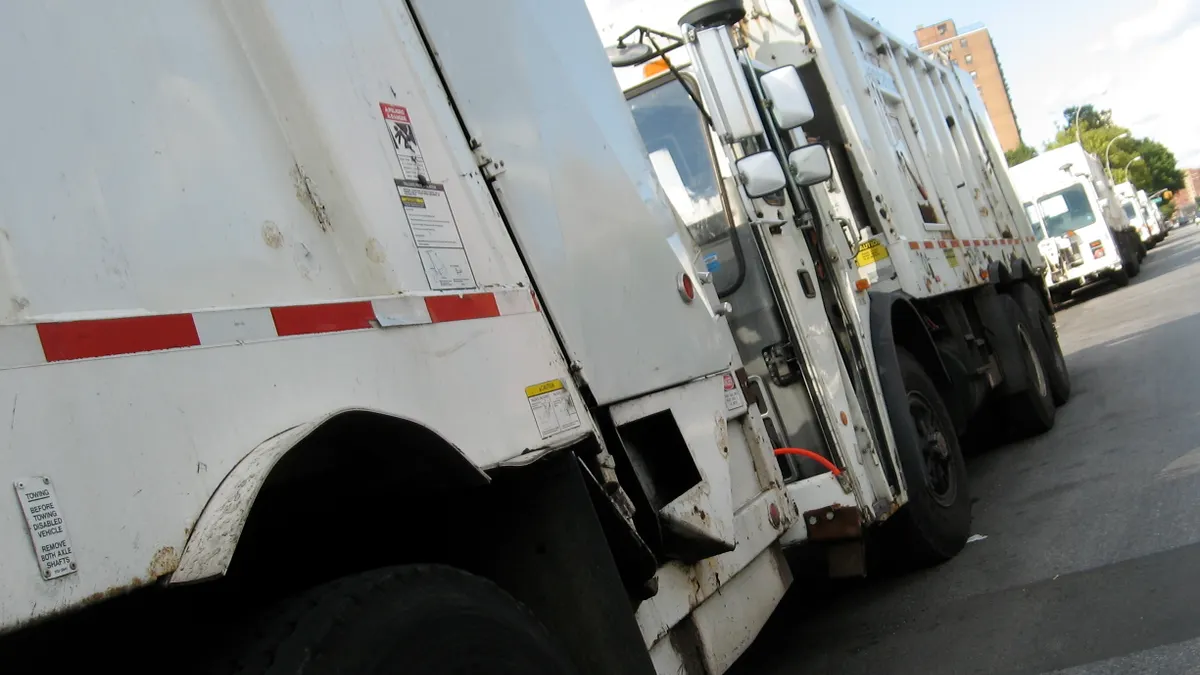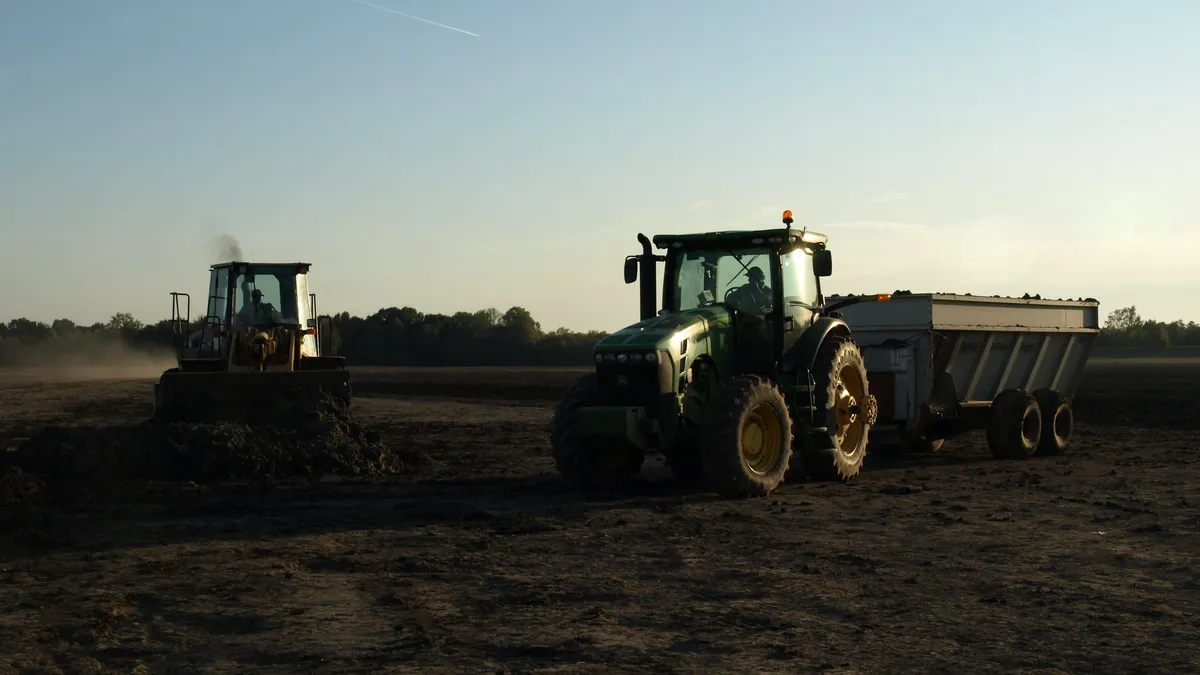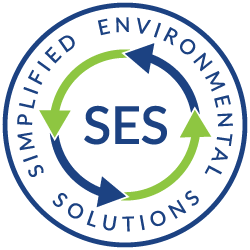Food waste startup Mill marked a milestone last month, passing 10 million pounds of recycled food since devices hit the market. With an updated life cycle assessment and new customer research, the developer of kitchen food recyclers is looking to expand its reach.
Mill's 6.5-liter devices dehydrate and grind food scraps into shelf-stable food grounds. Users can then mix the grounds into compost piles themselves, work with a local hauler, or send them back to Mill, which uses the grounds to produce chicken feed.
The company completed its first life cycle assessment in 2023 and released data about its users' behaviors last year. Since that time, it has conducted a new life cycle assessment incorporating more operational device data.
Mill found that its devices help the average user avoid 477 kilograms of carbon dioxide-equivalent annually. Customers save enough carbon to offset the footprint of their device in roughly a year.
Scott Smithline, director of policy and research for Mill, said the company's goal is to get the average person to view food scraps as a resource rather than waste, avoiding emissions from food waste sent to a landfill and creating new agricultural products through behavior change.
“The national standard is to put food scraps in the garbage can. That's where we are as a nation right now,” Smithline said. “We need people to adopt this new behavior of source separation of food scraps.”
The company says the typical user has a roughly two week “new toy” period where the amount of food waste they put in their Mill spikes — Smithline said some of that could be attributed to them cleaning out their refrigerator or discovering new kinds of food scraps that can be repurposed.
But over the following three to four months, users see a roughly 20% decline in their wasted food on average, according to Mill's data.
Mill asked its users how their behaviors changed to reduce food scraps, and found that 60.4% used food differently, 49.8% changed their shopping behavior and 46.7% stored food differently.
In Mill’s life cycle assessment, it estimated that customers avoided an additional 258 kilograms of CO2e through source reduction — that is, they avoided additional emissions by making smarter purchasing decisions.
"People take care of the things they care about, and they care about these food grounds. They do not perceive them as waste," Smithline said.
The company acknowledges that its dataset today is skewed toward the kind of early adopter willing to pay for a food dehydration device that sells for $999 on its website. But it's currently conducting a series of pilots to reach beyond its existing customer base. Partners include cities like Phoenix and the corporate offices of Duolingo and Vornado Realty Trust.
"If we can't get beyond our customer base, then we're not really achieving our mission to scale this behavior change," Smithline said.
The company began partnering with R.City, a composter and urban farm in Phoenix, in 2023 to identify opportunities to reach new customers via partnerships.
For several years, R.City had collected five-gallon buckets of food scraps from customers weekly for its composting program. But Smithline said R.City was approaching the limits of market penetration with that system.
Mill's devices shrink the volume of food scraps by about 80%, meaning R.City customers needed fewer pickups. By switching from a weekly to a monthly pickup route with customers, R.City was able to expand its capacity for customers by nearly four times and create more efficient routes, according to Mill.
Smithline said the partnership has been a success, and is something the company is open to repeating with other haulers or partners moving forward.
"This is a really nice, tight loop, something we're very proud of," Smithline said. “It’s not necessarily replicable everywhere, but where it's possible … people feel really good about their material.”



